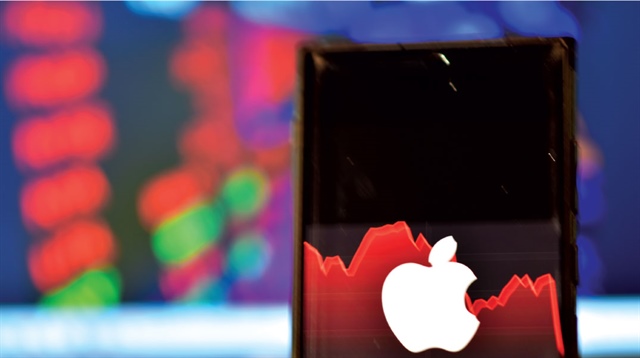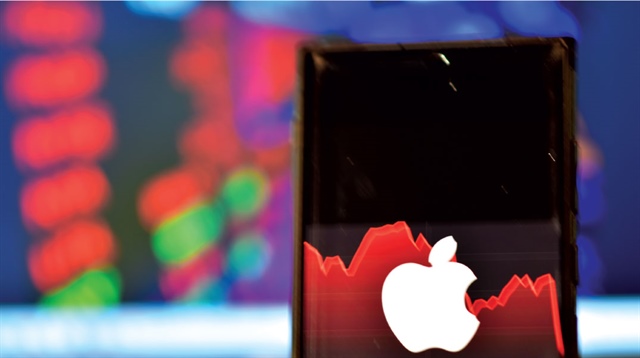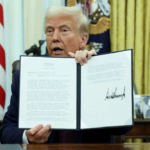However, many are unable to participate in this market through legitimate means due to regulatory barriers related to citizenship and residency. Organizations and individuals who recognize this significant demand have resorted to “bending the rules” to offer their services, which poses significant risks.
 |
Unregulated and Unprotected
In Vietnam, individuals currently have access to numerous international stock exchanges. These exchanges proactively promote and solicit users on social media platforms and even operate through multi-level marketing models. A common denominator among these exchanges is that none of them possess a license to provide securities investment services in Vietnam. Any licenses they may hold are typically from countries or territories with very lenient licensing requirements, such as tax havens in the Pacific Islands.
Custody of client assets is often unclear or non-existent. Since these exchanges are not registered or licensed in Vietnam, users have no recourse if they suddenly lose access to their accounts. In some cases, after an account is frozen or becomes inaccessible, a sophisticated scam operation posing as customer support may lure unsuspecting users into a new trap. Many individuals, desperate to recover their funds, end up losing even more money.
These exchanges typically perform minimal Know Your Customer (KYC) checks, if at all, with the primary goal of attracting as many users as possible. They leverage social media, employ enticing tactics that prey on greed, and manipulate users’ psychology through herd mentality and fear of missing out (FOMO). A common tactic is to let new users win consistently during the initial stages, showing portfolio growth that may bear no resemblance to actual market movements. Many users are unaware that these numbers can be easily manipulated behind the scenes.
|
There is a need for tighter controls on these international exchanges, including proactive efforts to block their domains and mobile applications. Additionally, consideration should be given to allowing investors to access foreign stock markets through domestic securities companies, with annual investment limits similar to those in China and India. |
The products offered by these exchanges are typically Contracts for Difference (CFDs), where participants predict the price movement of an asset and profit from the price differential. For instance, purchasing a CFD for Apple or Nvidia stock does not entail actual ownership of these shares but rather a bet on their price volatility. The allure of CFDs lies in the leverage they offer, allowing traders to wager amounts far exceeding their capital, sometimes by tens of times. This high leverage, coupled with hidden fees, creates a perfect trap to “fleece” most participants.
Aside from international stock exchanges, there is another less common form of investment—trust-based investing. In this model, investors entrust their funds to individuals or entities capable of trading in the US or other markets with legitimate access. The most critical aspect here is the contract terms, delineating the rights and responsibilities of each party, as well as compliance with legal regulations. Similar to investing through unlicensed exchanges, what recourse do investors have if the entrusted party misappropriates their funds? This scenario is akin to entrusting assets to someone else’s name, which can lead to complex issues if problems arise.
Impact on Macroeconomics and Market Stability
The market for international investment and speculation in securities is underground, making it challenging to obtain accurate statistical data. However, its scale can be described as substantial, as evidenced by the magnitude of cases that have been detected and prosecuted. For instance, in the Mr. Pips case, the seized assets amounted to nearly $200 million, while the MTC-Matrix Chain exchange case involved approximately $400 million. If channeled into legitimate investment and business activities, this capital could have made a significant contribution to the economy.
International transactions require the use of US dollars, and while the currency may not always flow out of the country, it still impacts the government’s foreign exchange management and creates unnecessary pressure on the regulatory body. The use of stablecoins for cross-border transactions poses a potential risk of capital outflows, exerting pressure on the exchange rate. As the usage of stablecoins increases, so does the strain on the financial system’s stability, diminishing the effectiveness of monetary policies.
Stablecoins are a common concern among banking systems worldwide, as they may lead to a shift in deposits from bank accounts to digital wallets, potentially reducing banks’ sources of funds. Widespread stablecoin usage could also facilitate underground transactions and increase the likelihood of fraud and illegal activities.
Investing in international securities is a genuine need for a segment of the population, but the lack of legalization has created opportunities for unregulated international exchanges and trust-based investment schemes to flourish. The risks associated with these activities extend beyond individual participants to the entire financial system. Therefore, tighter controls on international exchanges are necessary, along with proactive efforts to block their domains and mobile applications. Additionally, consideration should be given to allowing investors controlled access to foreign stock markets through domestic securities companies, with annual investment limits, as practiced in China and India.
Dr. Vo Dinh Tri
From the Han River Miracle to the International Financial Center: “Da Nang Can Emulate Dubai”
Within just one year, from 2022 to 2023, the UAE has successfully attracted billions of dollars in additional investment into the digital asset sector. As a result, Dubai has witnessed a significant influx of businesses operating within this space, solidifying its position as a leading hub for digital asset enterprises.
The Euro Number – ECB’s Response to America’s Digital Dollar Strategy
Former President Trump has expressed his intentions to “promote the development and growth of legitimate USD-backed stablecoins across the globe.”





















